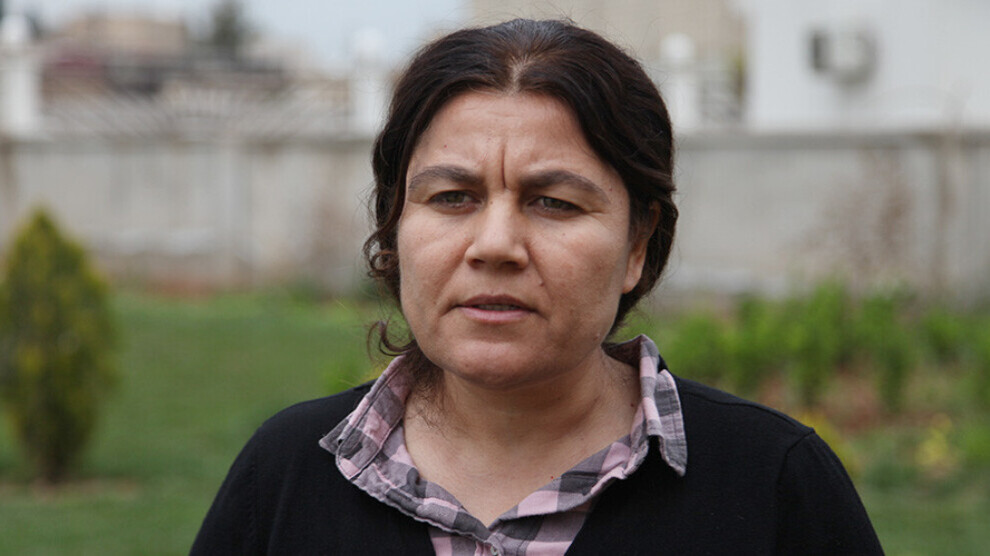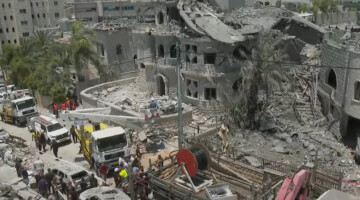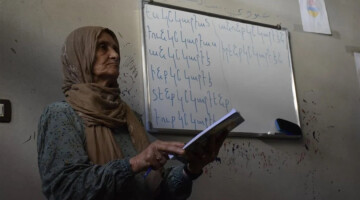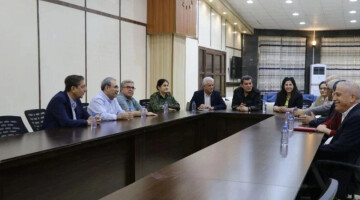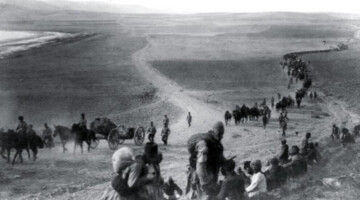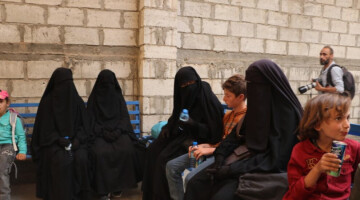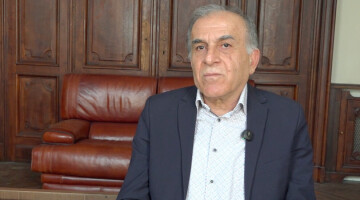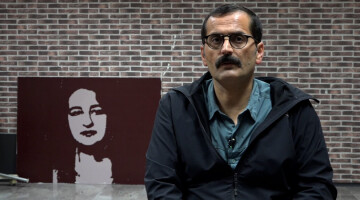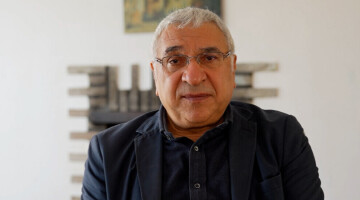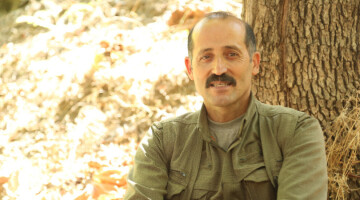A new Social Contract came into force in the autonomous region of Northern and Eastern Syria on 12 December. The PYD politician Foza Yûsif was involved in the draft and commented in an ANF interview on the history and content of the contract, which was announced in three languages last week.
The discussions about the Social Contract actually started in 2014. Why did you wait until today or why did it take so long?
The Social Contract was adopted for the first time in the Jazira region in 2014. The Autonomous Administration had just been established and some areas had not yet been liberated from ISIS, so they could not be included in the contract. For this reason, it was necessary to revise the old version and include all cantons of Northern and Eastern Syria. On this basis, the Assembly of Northern and Eastern Syria decided in 2021 to establish a commission. The commission consisted of 158 people, 50 percent of whom were women. All peoples, faiths, institutions and sectors were represented in the commission. A smaller commission was then elected to draw up a draft. After a long discussion, the 158-member commission brought the draft to the public. It was discussed with the population in the seven cantons and enriched with their opinions. This discussion was also held with institutions and organizations. We also held many meetings. However, there were repeated security problems due to the attacks on Northern and Eastern Syria, and the work on the Social Contract had to be interrupted. The larger commission met again last week. Debates continued for four days, taking suggestions from the public into account. After completion, we submitted the draft to the Council of Northern and Eastern Syria for approval.
Why is a social contract necessary and what changes will be made to the system?
We represent 30 percent of Syrian territory. People from many ethnic groups live in this area. We have a total population of five million. A common social contract was necessary for social and political life. Until now, many cantons relied on the existing contract, which was too narrowly worded. The Social Contract is particularly important for the Autonomous Administration so that it can carry out its work more democratically. The role of the councils has been clarified and they will now be more active. The population will be more involved in meetings and decision-making processes, as it will take on the role of monitoring and control. There will be no centralization, no bureaucracy and no disconnection from the people. There will be very serious changes based on democratic and liberal principles.
What kind of mentality does the Social Contract rely on, what is it based on?
It relies on democracy, women's freedom and ecological living on the basis of a democratic nation. We have benefited from both Abdullah Öcalan's paradigm and global experiences with democratic contracts. Of course, the region's cultural and social heritage was also used. We read and researched a lot and used all of this as resources for our society to live more justly and democratically.
You said that the larger commission was made up of 50 percent women. Are there specific articles that guarantee women's rights?
The guarantee of women's rights is contained in the general principles, in rights and freedoms and in the social system. The Women's Council of Northern and Eastern Syria was legally recognized as a special section of the agreement. Within the legal system, women organize themselves in specific ways. The representation of women and their rights are specifically defined in all articles of the agreement and guaranteed in specific articles. New articles were also included to create a social contract for women in the future.
Why didn't you bring the Social Contract to the people in the form of a referendum?
We actually wanted to hold a public referendum, but the current political situation doesn't allow that. There are too many threats and attacks. We held very large and inclusive public meetings and sought opinions until the last day. All articles and clauses were discussed individually. They were read one by one and opinions were sought.
What is your main goal with the partnership agreement?
Our main goal is to create a democratic, free and ecological society. The main reason for the current crisis in Syria is the lack of a democratic constitution that includes all peoples and rights. We want to set an example for solving all problems in Syria. The Social Contract is intended to be a basis for the creation of a democratic constitution that guarantees the rights of the Syrian people. We say that it can be an alternative model to the inability to find solutions in Syria and throughout the region. The Social Contract is a new milestone for all peoples and women.

